




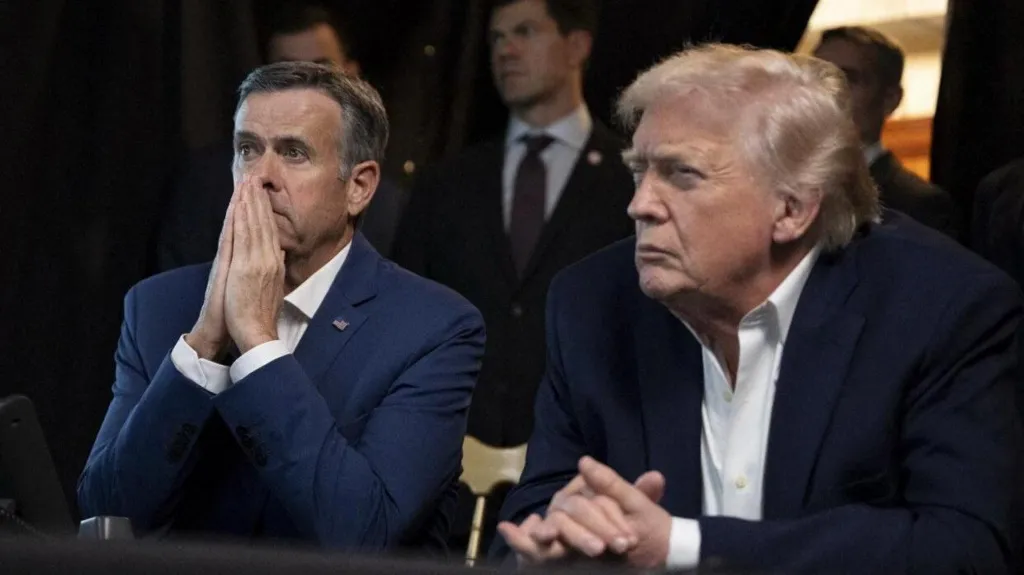

.webp&w=640&q=75)





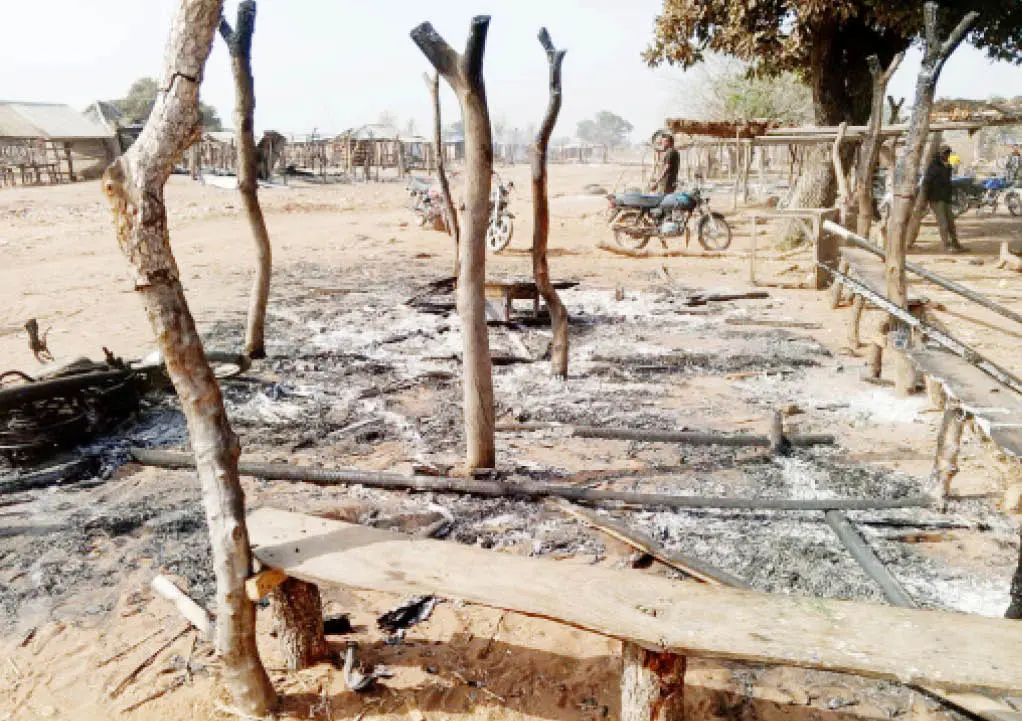

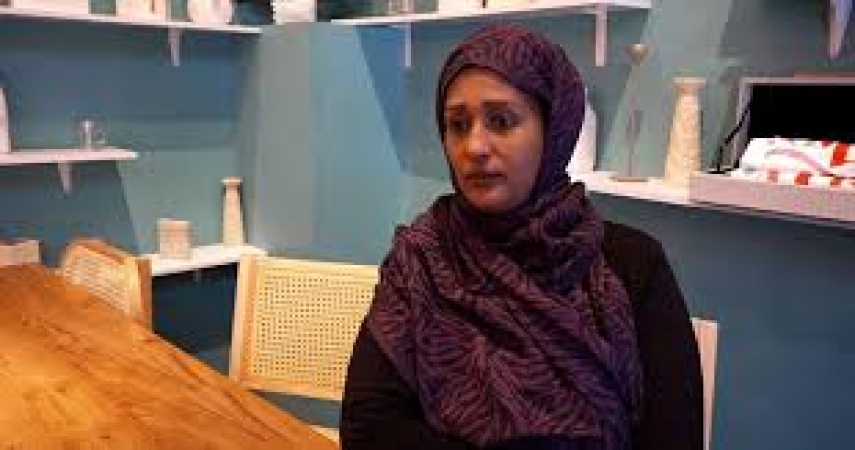




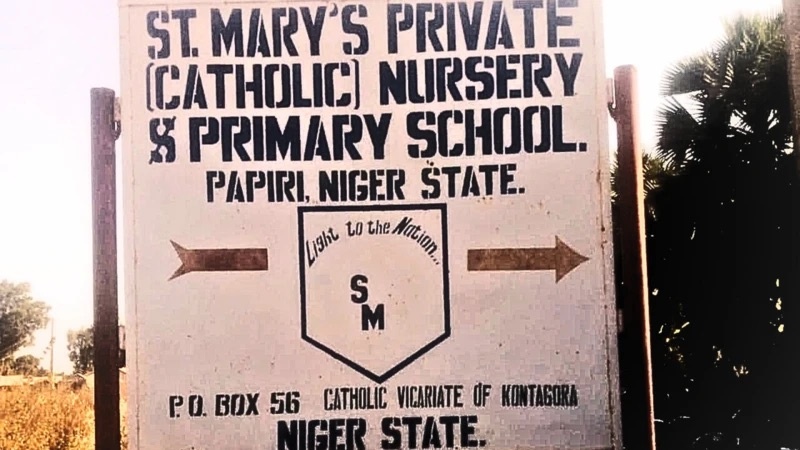
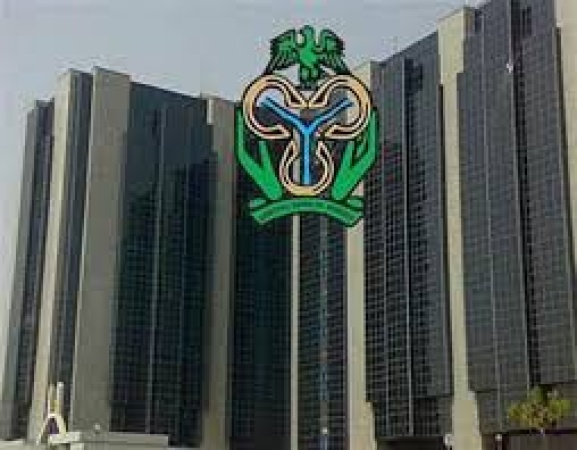
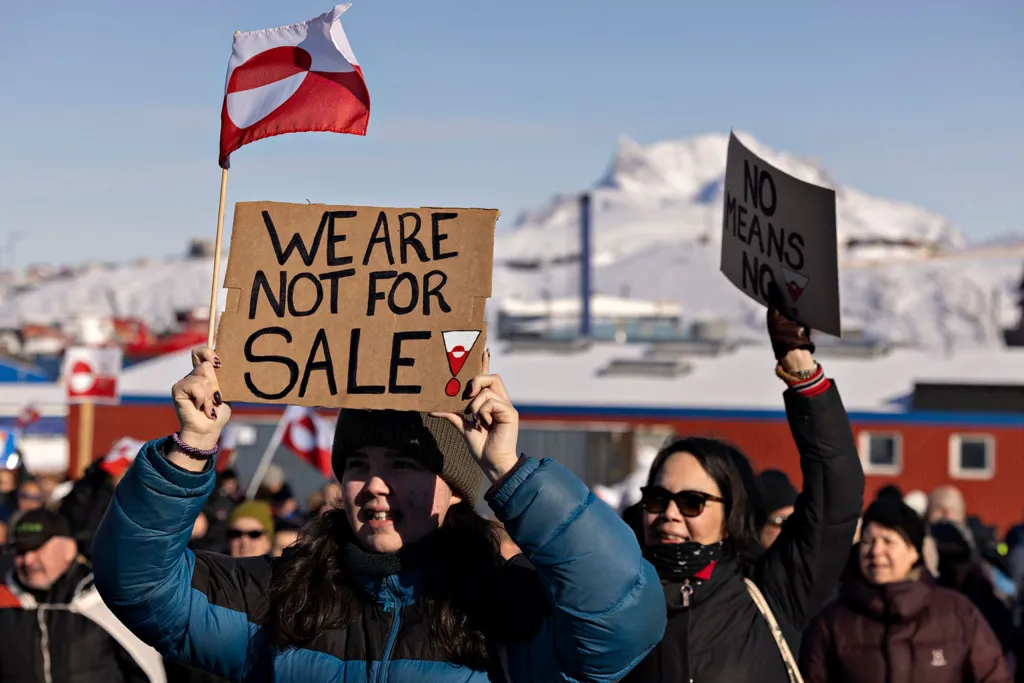
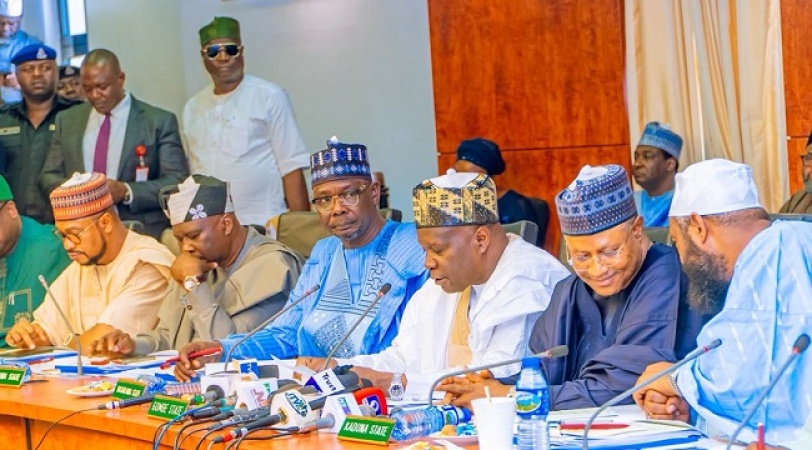


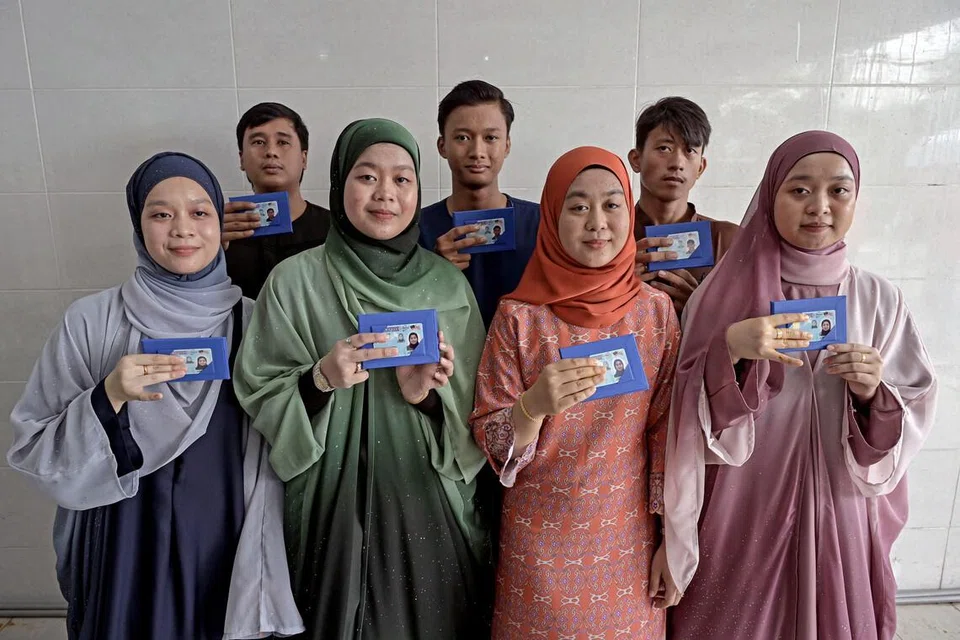



Loading banners


NEWS EXPRESS is Nigeria’s leading online newspaper. Published by Africa’s international award-winning journalist, Mr. Isaac Umunna, NEWS EXPRESS is Nigeria’s first truly professional online daily newspaper. It is published from Lagos, Nigeria’s economic and media hub, and has a provision for occasional special print editions. Thanks to our vast network of sources and dedicated team of professional journalists and contributors spread across Nigeria and overseas, NEWS EXPRESS has become synonymous with newsbreaks and exclusive stories from around the world.

Many, no doubt, still remember the recapitalisation exercise which dominated the financial climate in the country in 2004 when all banks in the country were mandated to raise their capital from N2 billion to N25 billion before the end of December 2005. That order sent virtually every bank in the country to the market to secure more capital injections. Before then banks in the country were more conservative in their pursuit for cosmetic ideals that only papered the crack of human capital and industrial development but afterwards, threw caution to the winds.
One of the principal reasons for that recapitalisation exercise, according to Prof. Chukwuma Soludo, the then Governor of the Central Bank of Nigeria (CBN), was that “banks have not played their expected role in the development of the economy because of their weak capital base and as such, the decision to raise the capital base of banks was with the aim of strengthening and consolidating the banking system.”
The question is, have banks really stepped up their interest in economic development since the N25 billion capital base was reached? And when multinationals are brought into the picture, one begins to wonder how much of developmental benefits they offer Nigeria, a fact which puts the merit of foreign direct investment to question.
For the banks, going from N2 billion to N25 billion represents an astronomical increase of 1250% in capital base. However, the resultant effect on the economy has been far from the expected result. According to the National Bureau of Statistics, bank loan to small and medium scale enterprises in 2005 after which recapitalisation was to kick off was N50,672,60 billion but two years into the recapitalisation this figure only increased to N105,925,10 billion – just about a 100% increase. What is more, even the deals that resulted in that increase were not directly with small scale enterprises but the caption ‘small and medium scale enterprises’ was just a perfect cover for a gradual neglect of small scale enterprise which account for 95% of firms, 60-70% of employment, 55% of GDP and generate a greater percentage of new jobs. In developing nations, of which Nigeria is one, more than 90% of all firms outside the agriculture sector are SMEs and microenterprises generating significant portion of the GDP (Barakat, 2001).
Development as a known fact is an aggregation of several policies, several ideals, and several projects, revealed by several indicators which in their individual strengths combine to form the aggregation called development. Banks in Nigeria have forgotten the ripple effect of most of their capital-generating measures in the country; in their drive to appeal to the vanity of Nigerians, they have succeeded in using a fraction of the hard-earned money of individuals and households in a country where over 23.9% of the eligible population are unemployed (NBS, 2013), where over three million children of school age are out of school in the northern region alone – to mention but a few of the woes of the country – to ship jobs out of the country. Jumbo offers such as cars, generators, and several offers have been promised as incentives for people to save. So when people put their money in banks, instead of the money being recreated in the economy to transform the economy through several measures, a portion of their money gets shipped out to bring in automobiles and the likes, yet these same people who would get such gifts will never be found eligible for start-up loans! Banks have succeeded in increasing the liabilities of the ignorant masses which puts them at the mercy of these banks consistently. No country develops by increasing liabilities; nations develop by increasing assets.
Multinationals have to a large extent helped in compounding these woes as they have succeeded in reducing creativity in showbiz. The entertainment industry has been fortunate with the multinationals since it represents one thing, one thing they care about: it is the fastest route to get their products across to the larger masses. And who would query that? – they aren’t the government; they are technically not interested in the development of the several sectors of human capital development that threaten their existence on a larger scale in the country. This creates the human capital gap which not only allows them to ship jobs out, but also allows them to bring in their people as expatriates.
Isolating a case out of several, in July 2013, students from the University of Ilorin with the help of some lecturers made some landmark breakthrough in aviation which requires funding; they are still on the lookout, yet a certain Olawale just won a reality show with a cash prize of N5 million and great gifts for singing on stage. While this is not to render the efforts of this young man useless – he certainly deserved it – it is just to state the obvious. The list is endless: from Project Fame to Idol West Africa, Idol Nigeria, Gulder Ultimate Search, there is n end to the jumbo parties where several millions are given to people who value the prizes of their imported customised cars, the value of their imported golden wrist watches and their expansive attires at the expense of consistent investment. This supports the objective of shipping jobs abroad, and why will they stop funding these projects when it in no way put the African continent on a map of development but reduces us to mere markets for them? A country as desperate as this and with key players in the economy as insensitive as this is a danger to itself.
These combined have calculatedly turned the country into just a market where finished products are to be consumed, a fact that keeps them in business. Inputs which could easily be supplied by small firms in the country are preferred imported, while we keep singing and dying. The holier than thou mentality which makes a black man confident of calling his brother darker has done more to damage our collective strength to fight underdevelopment than any other. That a man can feed and call some others slaves makes him think he is out of the cycle, but both the slave and the slave master are at the mercy of the producer, and so we all are until the status quo is changed.
Prudent policies aimed at controlling the corporate social responsibilities of multinationals towards the relevant sectors that drive real economic growth and development rather than the cosmetic growth prevalent should be vigorously pursued, so the present will be preserved and the future can be secured.
•Photo shows a scene from MTN Project Fame. Daniels Adeoye cites reality shows such as Project Fame as one of the smart ways multinationals stifle Nigeria’s development. Adeoye can be reached via lanraydaniels@gmail.com